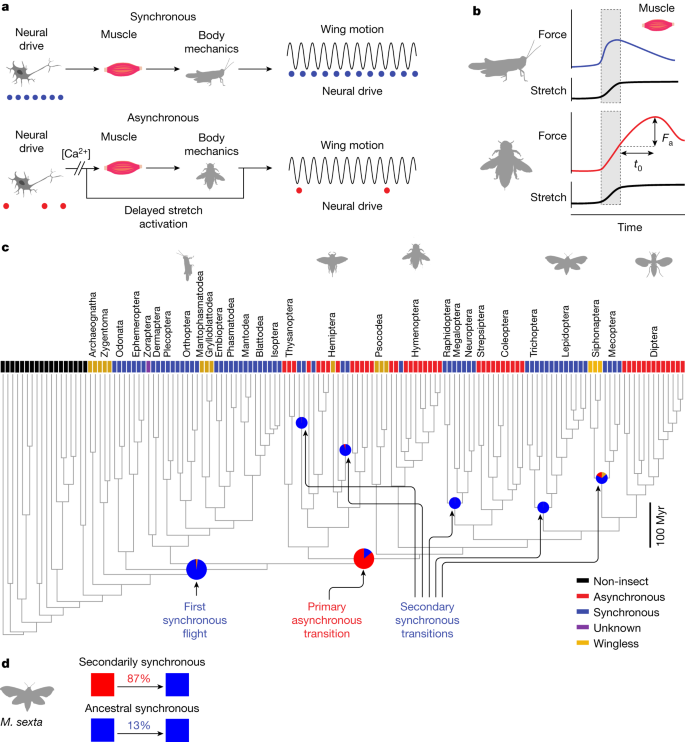2023-10-04 ペンシルベニア州立大学(PennState)
◆ペンシルベニア州のエリマキライチョウの個体群は過去数十年で70%減少し、ウエストナイルウイルスと生息地の破壊が影響を与えていた。しかし、遺伝的多様性と連結性が高いことが発見され、生息地保護や管理策が有効であることが示された。また、エリマキライチョウの遺伝的異常も発見され、これが保全に重要な影響を与える可能性がある。
<関連情報>
- https://www.psu.edu/news/research/story/ruffed-grouse-population-more-resilient-expected-genetic-study-finds/
- https://onlinelibrary.wiley.com/doi/10.1111/mec.17129
減少しつつある狩猟鳥類の全ゲノム評価により、不可解な遺伝的構造が明らかになり、個体群管理のための知見が得られる Whole genome assessment of a declining game bird reveals cryptic genetic structure and insights for population management
Leilton W. Luna, Lisa M. Williams, Kenneth Duren, Reina Tyl, David P. L. Toews, Julian D. Avery
Molecular Ecology Published: 09 September 2023
DOI:https://doi.org/10.1111/mec.17129

Abstract
Population genomics applied to game species conservation can help delineate management units, ensure appropriate harvest levels and identify populations needing genetic rescue to safeguard their adaptive potential. The ruffed grouse (Bonasa umbellus) is rapidly declining in much of the eastern USA due to a combination of forest maturation and habitat fragmentation. More recently, mortality from West Nile Virus may have affected connectivity of local populations; however, genetic approaches have never explicitly investigated this issue. In this study, we sequenced 54 individual low-coverage (~5X) grouse genomes to characterize population structure, assess migration rates across the landscape to detect potential barriers to gene flow and identify genomic regions with high differentiation. We identified two genomic clusters with no clear geographic correlation, with large blocks of genomic differentiation associated with chromosomes 4 and 20, likely due to chromosomal inversions. After excluding these putative inversions from the data set, we found weak but nonsignificant signals of population subdivision. Estimated gene flow revealed reduced rates of migration in areas with extensive habitat fragmentation and increased genetic connectivity in areas with less habitat fragmentation. Our findings provide a benchmark for wildlife managers to compare and scale the genetic diversity and structure of ruffed grouse populations in Pennsylvania and across the eastern USA, and we also reveal structural variation in the grouse genome that requires further study to understand its possible effects on individual fitness and population distribution.


